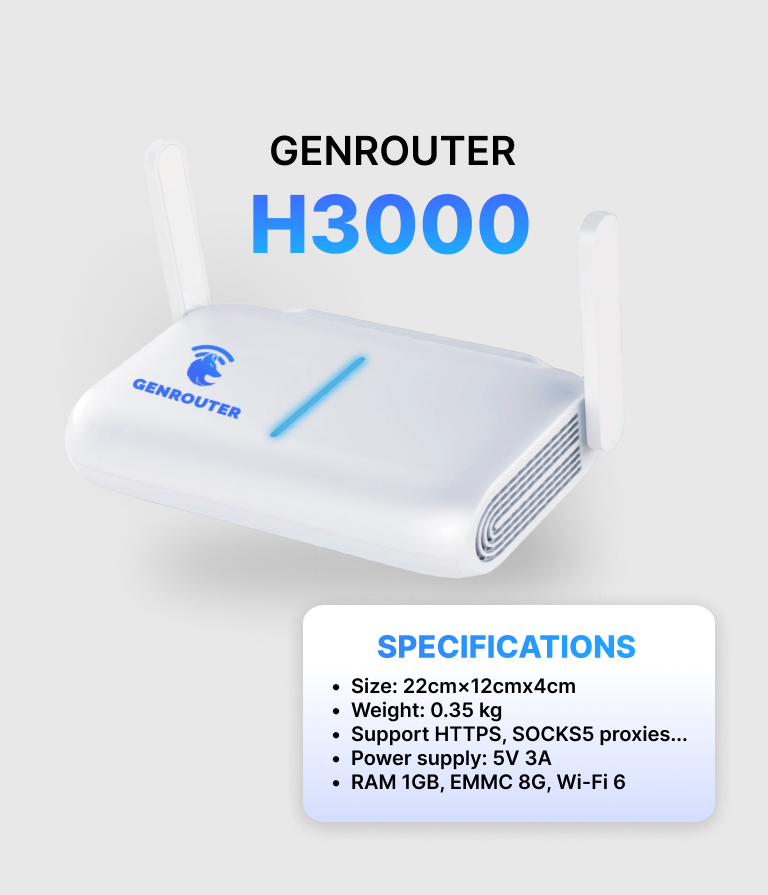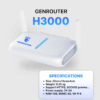It’s one of the most common puzzles for MMO professionals and digital marketers. You meticulously configure a setup, run a check, and see a perfect 100% score on Whoer.net. Yet, when you cross-reference that same IP address on platforms like Scamalytics, IPQualityScore (IPQS), or ip – score.com, the results are alarmingly different – and often much worse. What’s going on? Is Whoer’s 100% score truly reliable? This article breaks down the discrepancy and explains what these scores really mean for your operations.
1. Whoer.net and the Myth of the “100% Clean” IP
Whoer.net is a staple in the online community, widely used for its straightforward IP analysis. Its scoring system is built primarily around privacy and fingerprinting criteria. When Whoer gives an IP a 100% score, it is evaluating factors like:
- DNS and WebRTC Leaks: It checks if your real IP address is being exposed through your browser’s communication protocols.
- System Consistency: It verifies that your browser’s timezone and language settings match those of your IP address location.
- Browser & Device Fingerprint: It assesses how unique and anonymous your browser configuration is, flagging potential tracking markers.
So, what does a 100% score on Whoer actually mean? It signifies that your IP is secure in terms of anonymity and masking your digital footprint. It successfully hides your true location and system details. However, this is only one piece of the puzzle. It does not mean the IP has a clean reputation in the eyes of anti-spam or anti-fraud systems.

2. Is Whoer Biased Towards Its Own VPN Service?
A common theory circulates within the industry: since Whoer both sells a VPN service and provides a testing tool, they might “grade on a curve,” giving preferential treatment to their own IP addresses. This would ensure their VPN always looks perfect to potential customers.
While this is a plausible concern, there’s no public evidence to confirm this bias. In reality, high – quality residential proxies and genuine ISP-provided IPs frequently score 90-100% on Whoer without being affiliated with their VPN service. This suggests that Whoer’s algorithm is consistent for any IP that meets its strict anonymity criteria.
The core issue isn’t bias but a fundamental difference in evaluation focus. The real story lies in what other platforms are looking for, which Whoer simply isn’t designed to check.
3. Why Do Other Platforms Give Different Results?
Each IP checking tool operates with a different frame of reference. Their goals and definitions of a “good” or “bad” IP vary significantly. A high score on one platform can mean the exact opposite on another. This is the primary source of confusion.
Let’s compare the focus of the most common tools:
| Tool | Score Scale | Meaning of a High Score | Primary Focus of Inspection |
|---|---|---|---|
| Whoer | 0–100 | Safe & Anonymous IP | Privacy, fingerprinting |
| Scamalytics | 0–100 | High Risk | Fraud, proxy/VPN detection |
| IPQS | 0–100 | High Risk | Spam, botnet, fraud reports |
| AbuseIPDB | 0–100 “Confidence of Abuse” | High Risk | Community-sourced abuse reports |
As the table clearly shows, getting 100 on Whoer is a good thing, while getting 100 on Scamalytics or IPQS is a major red flag. You are not comparing apples to apples when looking at these scores side-by-side.
4. A Deep Dive into the Algorithms: Whoer vs. The Fraud Detectors
Tools like Scamalytics, IPQualityScore, and ip-score.com use a completely different approach. They calculate a risk score or fraud score based on a wide range of security signals. Their goal is not to check your anonymity but to determine the IP’s reputation across the global internet.
Key Factors in Fraud Scoring:
- Blacklist Databases: These services cross-reference your IP against massive, continuously updated global blacklists. If an IP has ever been associated with spam, phishing attacks, botnets, or other malicious activities, it will be flagged. Whoer doesn’t check these lists.
- Proxy/VPN/Tor Detection: Unlike Whoer, which is privacy – focused, anti – fraud systems see the use of proxies and VPNs as a potential risk indicator. Their algorithms are specifically designed to identify IPs originating from data centers versus residential addresses. An IP identified as a proxy is immediately considered more suspicious.
- ISP and Geolocation Analysis: They check if the IP’s owner (ISP) and location are consistent with typical user behavior. For example, an IP from a commercial hosting provider is treated differently than one from a residential broadband company.
- Abuse History: They compile data from historical abuse reports. If an IP has been reported for fraudulent activity in the past, its risk score will be high.
The scoring scales are also inverted. Scamalytics uses a 0-100 scale where 0-20 is low risk and 91-100 is very high risk. Similarly, IPQS uses a 0-100 scale where 0 is the safest and 100 is the most dangerous. Therefore, an IP that scores 100% on Whoer (perfect anonymity) might receive a very low score on these platforms (very safe reputation), which is the ideal outcome.
Finally, data freshness is critical. Anti-fraud services constantly update their databases. An IP that was clean yesterday might be blacklisted today. This dynamic nature means results can change, and relying on a single tool at a single point in time is insufficient.

5. What is a 100% Whoer Score Actually Good For?
Despite its limitations, a perfect score on Whoer is still valuable. It confirms that your setup is effective at browser and device camouflage. It proves you have no critical privacy leaks, which is the first step for any MMO or marketing task that requires disguising your digital identity.
However, it should be treated as a baseline, not the final verdict. For high-stakes activities like running ad campaigns, managing financial accounts, or performing sensitive transactions, you absolutely must verify the IP’s reputation using multiple anti-fraud tools.
6. The Professional’s Playbook: Advice for MMO & Marketers
To navigate this complex landscape and ensure the long-term health of your accounts, follow these best practices:
- Always Cross-Verify on Multiple Platforms: Never rely solely on Whoer. Create a routine of checking your IPs using a combination of tools like Scamalytics, IPQS, and AbuseIPDB to get a complete picture of its reputation.
- Understand the Scoring Systems: Know what each score means. Remember: a high score on Whoer is good; a high score on a fraud checker is bad. Aim for a high anonymity score and a low risk score.
- Prioritize Residential IPs: For maximum trust and reliability, residential IPs are the gold standard. These are IP addresses assigned by ISPs to homeowners, making them appear as genuine users and far less likely to be flagged by detection systems.
- Use an Integrated Hardware and Software Solution: Managing multiple IPs and ensuring their quality can be a major challenge. A unified system that combines clean IP sources with robust hardware is crucial for scaling your operations securely.
7. The GenFarmer Solution: GenRouter and a Fully Automated Ecosystem
At GenFarmer, we understand that IP quality is the foundation of successful automation. That’s why we developed the GenRouter, a specialized hardware solution designed to manage and distribute clean, stable residential proxy IPs to your devices. When paired with our Box Phone Farm hardware and our no-code automation platform, you create a powerful, self-contained ecosystem. This integration ensures that every account you manage operates with the highest level of trust, minimizing checkpoints and maximizing long-term performance.

Conclusion
A 100% score on Whoer.net is a positive sign, but it’s only the first step in verifying an IP’s true quality. It confirms your anonymity is solid, but it says nothing about the IP’s historical reputation. The world of online security is multifaceted, with different systems evaluating IPs based on entirely different criteria.
For any serious MMO professional, marketer, or business, the takeaway is clear: always perform multi-source verification. Understand the meaning behind each score and prioritize clean, residential IPs for any scalable, long-term project. By doing so, you build a foundation of trust that will protect your accounts and investments.
Ready to build an unstoppable automation setup with pristine IPs? Explore our ecosystem of solutions at GenFarmer.com. From our powerful GenRouter to our industry-leading Cloud Phones and automated software suites, we provide the end-to-end tools you need to succeed.











